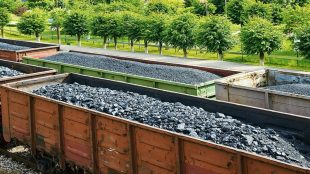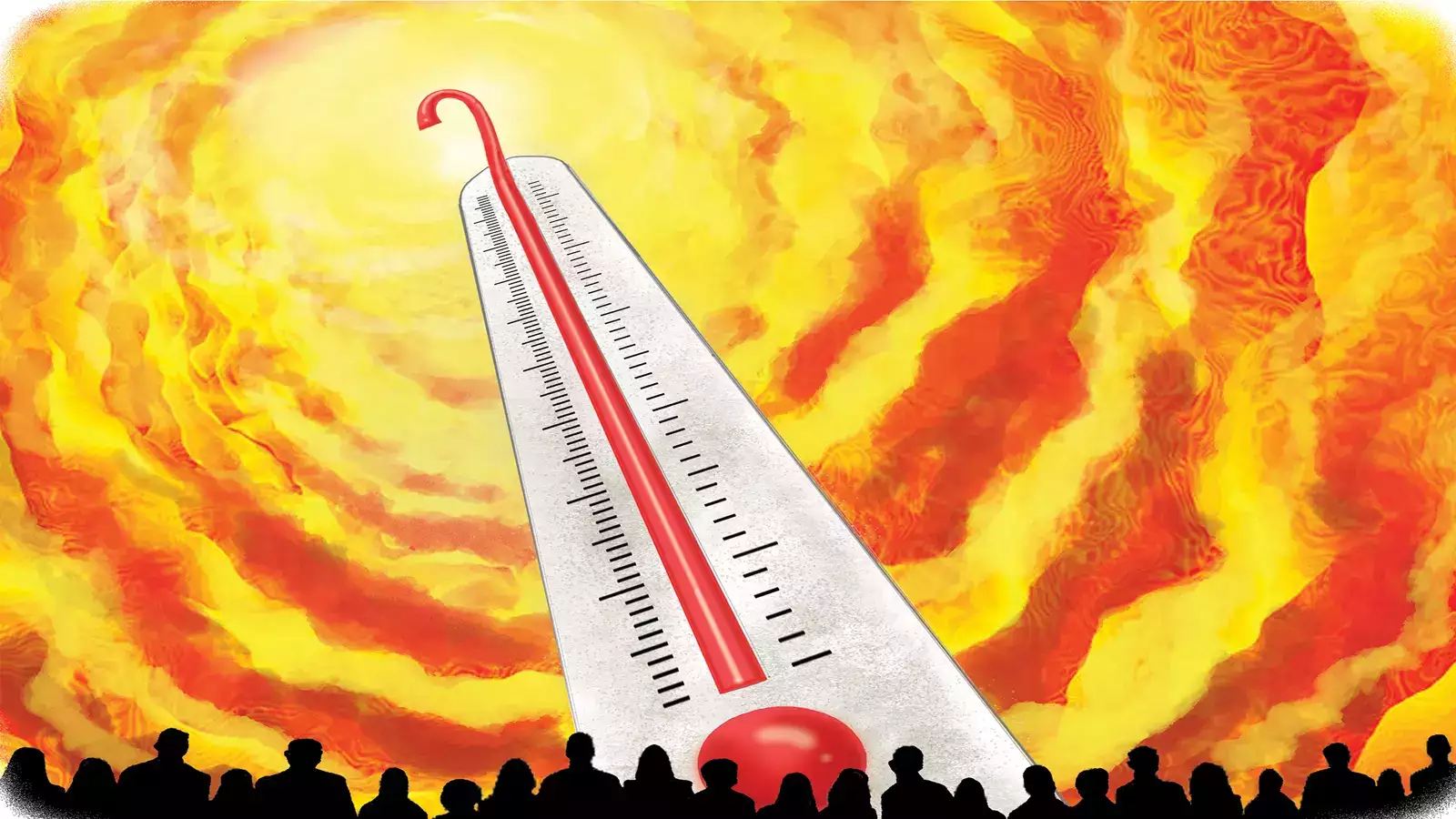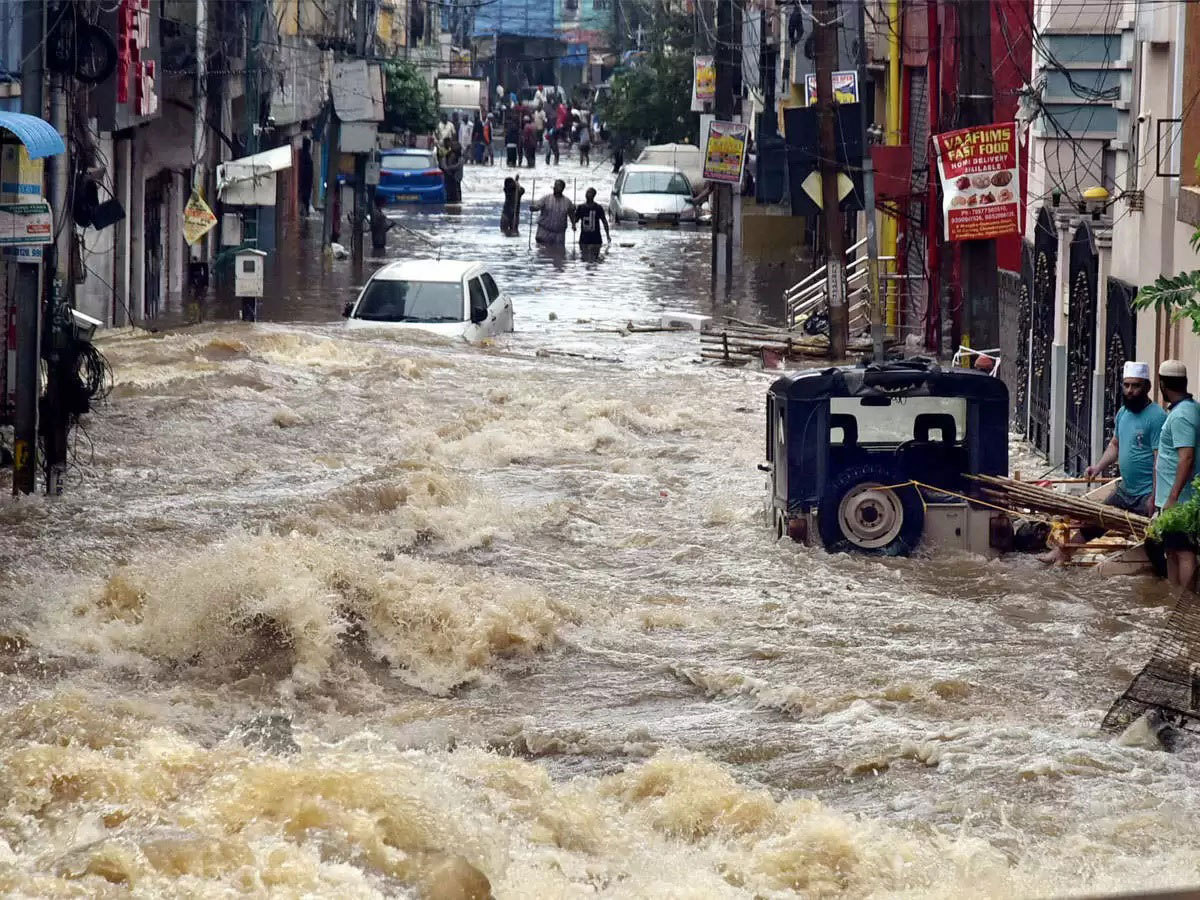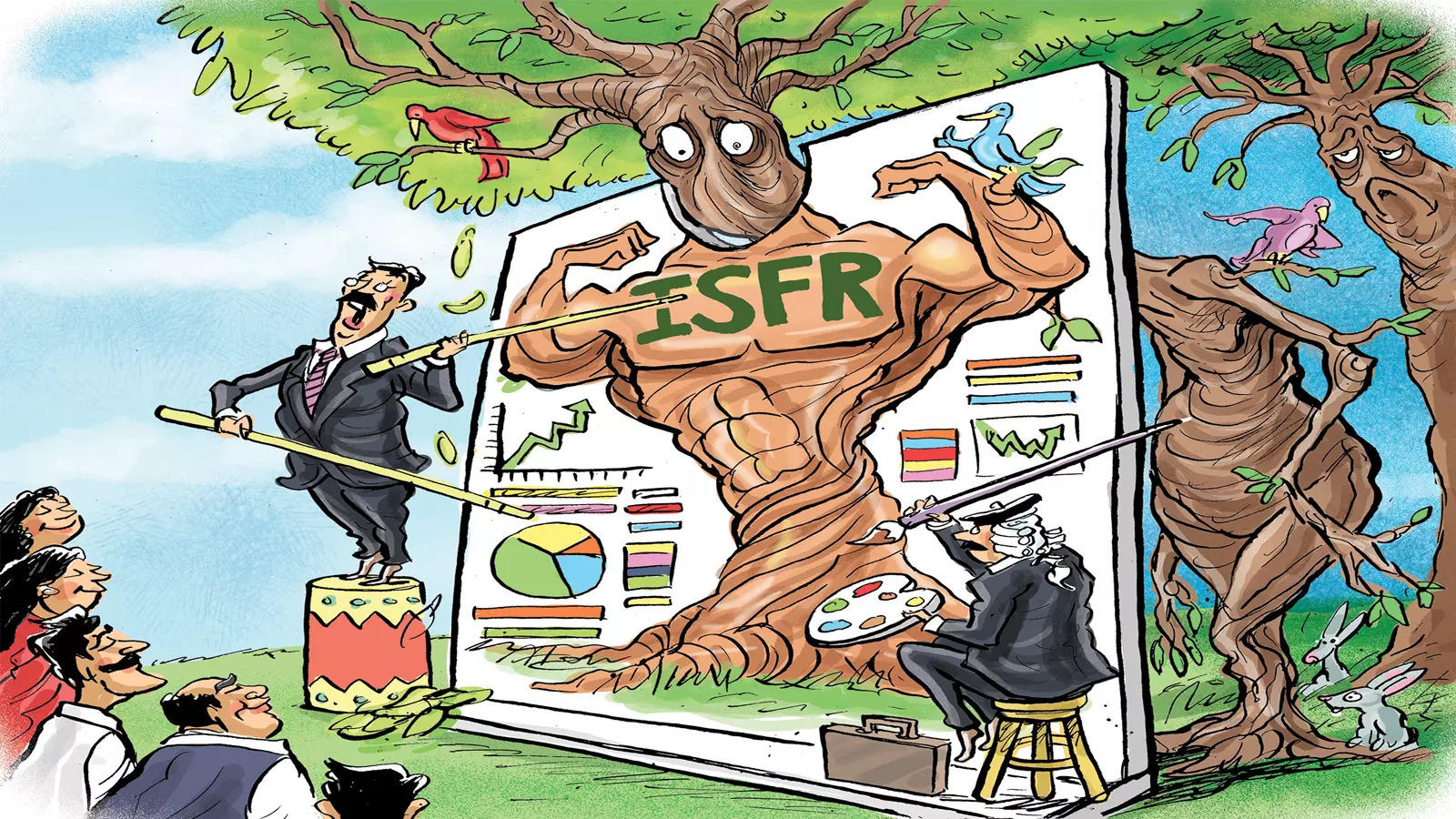Question of faith : Leverage power of religion to drive a unity of purpose to protect the planet
This article originally appeared in Financial Express Faith-based organisations can be strategic actors in supporting environmental action. The climate crisis demands collaboration between countries and communities We Indians love to speak about our religious and cultural heritage of protecting the environment. And, we do have a vast heritage to boast about. Our sacred texts are full […]










